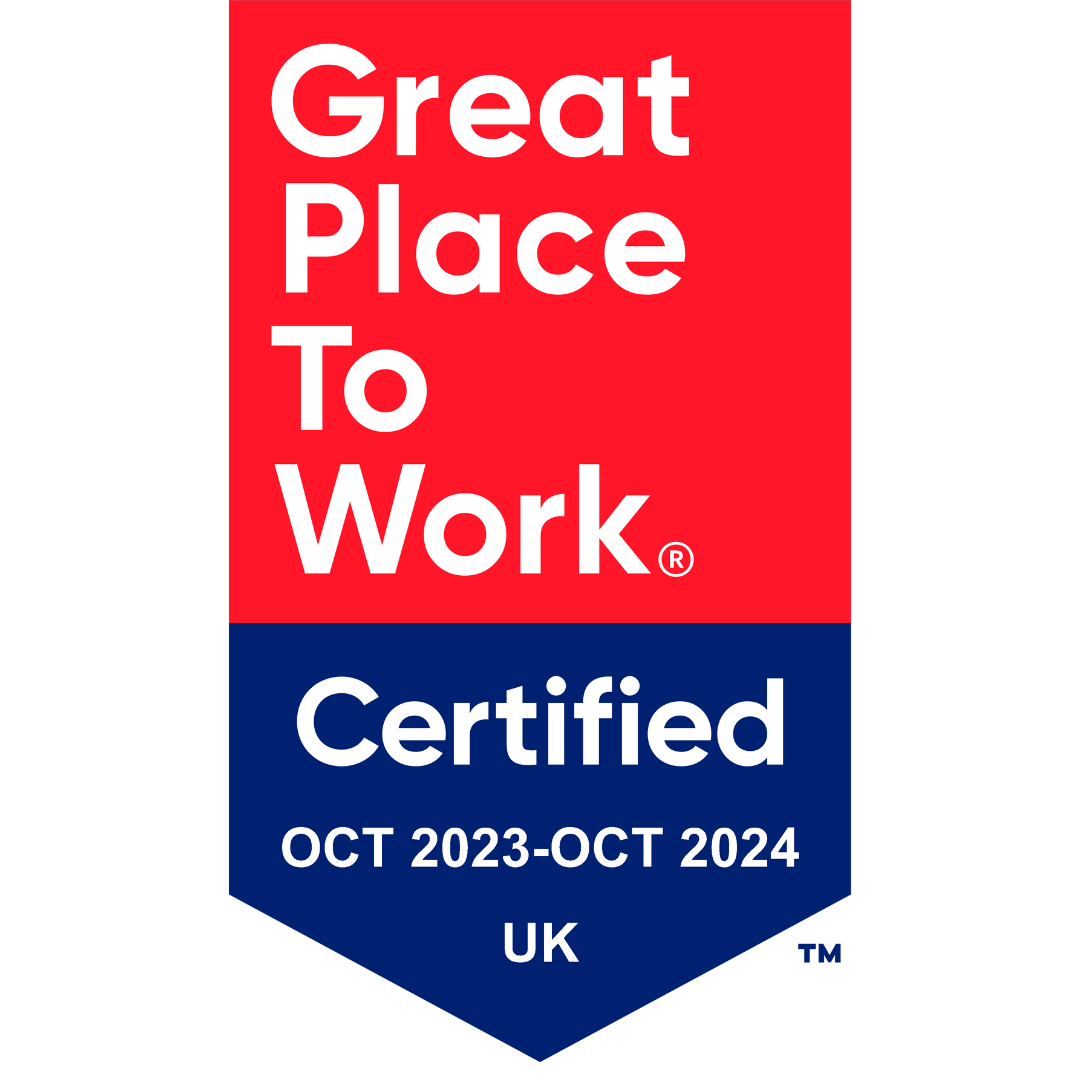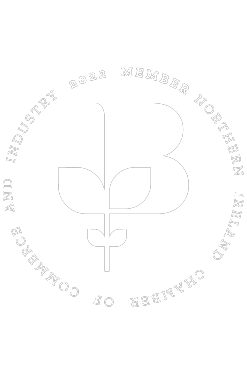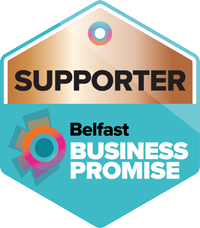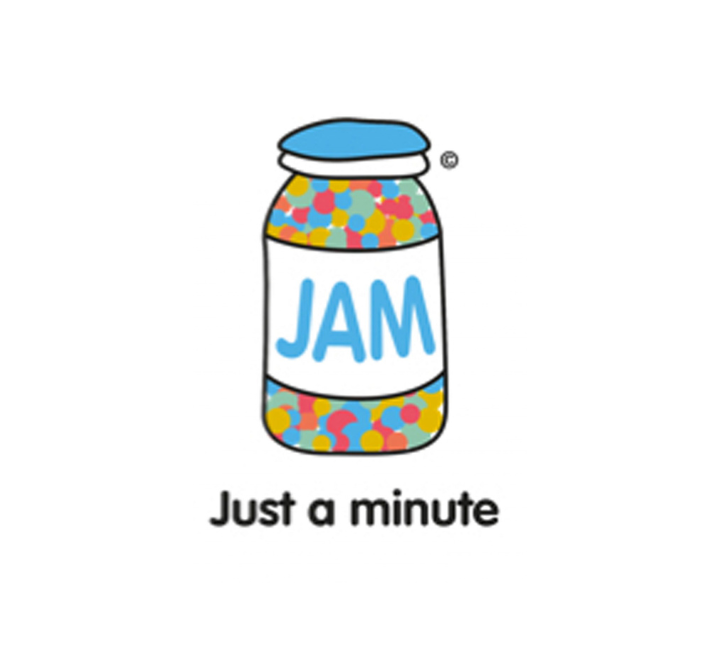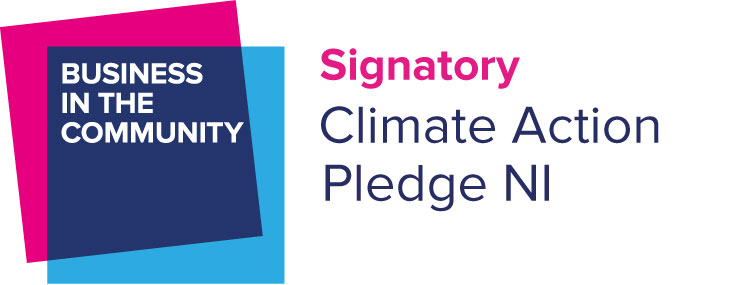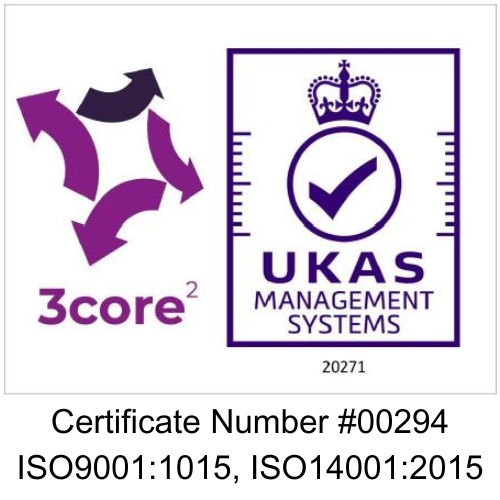It is important to remember that a CV is often your first introduction to an employer, and they will form an impression of you based on this document. While crafting a winning CV can take time, the pay offs can be huge if you secure your dream job, so consider it an investment in yourself.
- Tailor your CV: Remember, your CV is often the only tool you have to securing an interview with a company. It is therefore important that you tailor this each time you apply for a role. Take the time to research the company and review the job spec, highlighting the skills experience and attributes that you have which are relevant to the particular role.
- Introductory Paragraph/ Personal Profile: This can be a great way of highlighting your key skills, career achievements and ambitions for the future. Again, align this with the company ethos and job specification for impact, but be succinct!
- Contact Details: Ensure that your contact details are included, and are up to date. If an employer is interested in your CV, they need to be able to reach you!
- Experience: You should list your experience in reverse chronological order, detailing the company name, dates of employment (month and year) and your job title. Keep this short – bullet point your experience to allow the reader to easily see how it relates to their role or company. Your CV should be no longer than 3 pages, with any gaps in employment clearly explained.
- Achievements: Employers like to see tangible results – if you can detail key achievements within each role, this will demonstrate how you can add value to a team or organisation (focus on time saved, money saved, process improvements identified or customer experience improved).
- Formatting: Don’t over format – the document should be reader friendly and professional. Overuse of fonts, highlighting and clip art (yes!) does not enhance the CV, but typically makes it look less professional.
- Education Details: Include Education details, but keep it to the point and relevant. Detailing the Institution, dates attended, exams passed with grade included is sufficient. If you have failed an exam or exams, do not include in this section as it detracts from your positive grades.
- Don’t Lie: An obvious but important point. When writing your CV, you should never lie or significantly over egg your experience. This will always come to light and will often make employers question your integrity, or cast doubt on an innocent situation.
- Reference Details: A prospective employer will always want to verify references, so always either include a minimum of 2 relevant work related references (most recent employers) or include a statement of intent.
- Check, check and check again: And finally, before you hit send, check and double check the document for accuracy. For most Business Support roles, accuracy and attention to detail is critical, so a mistake on your CV can mean an immediate rejection.

